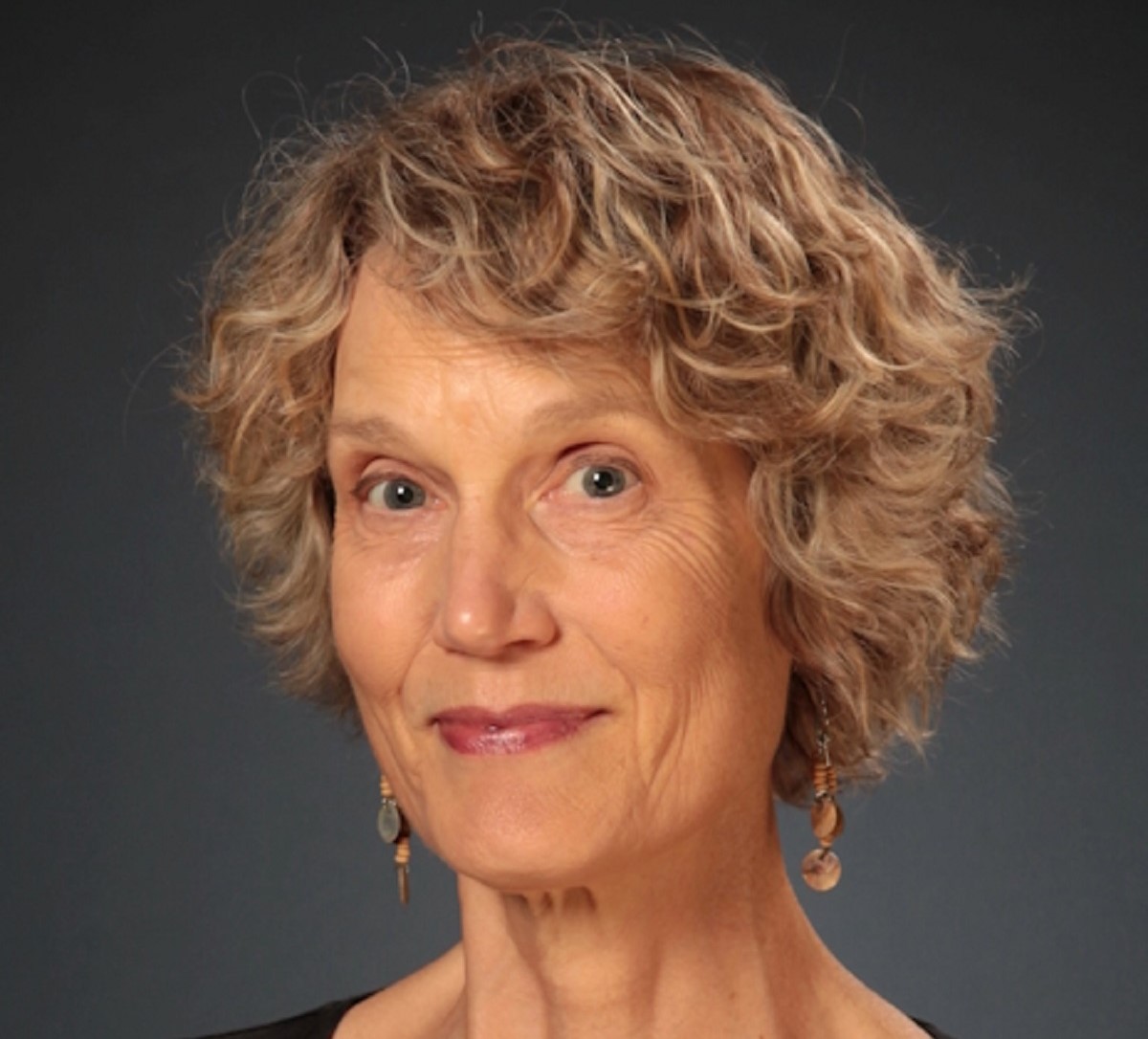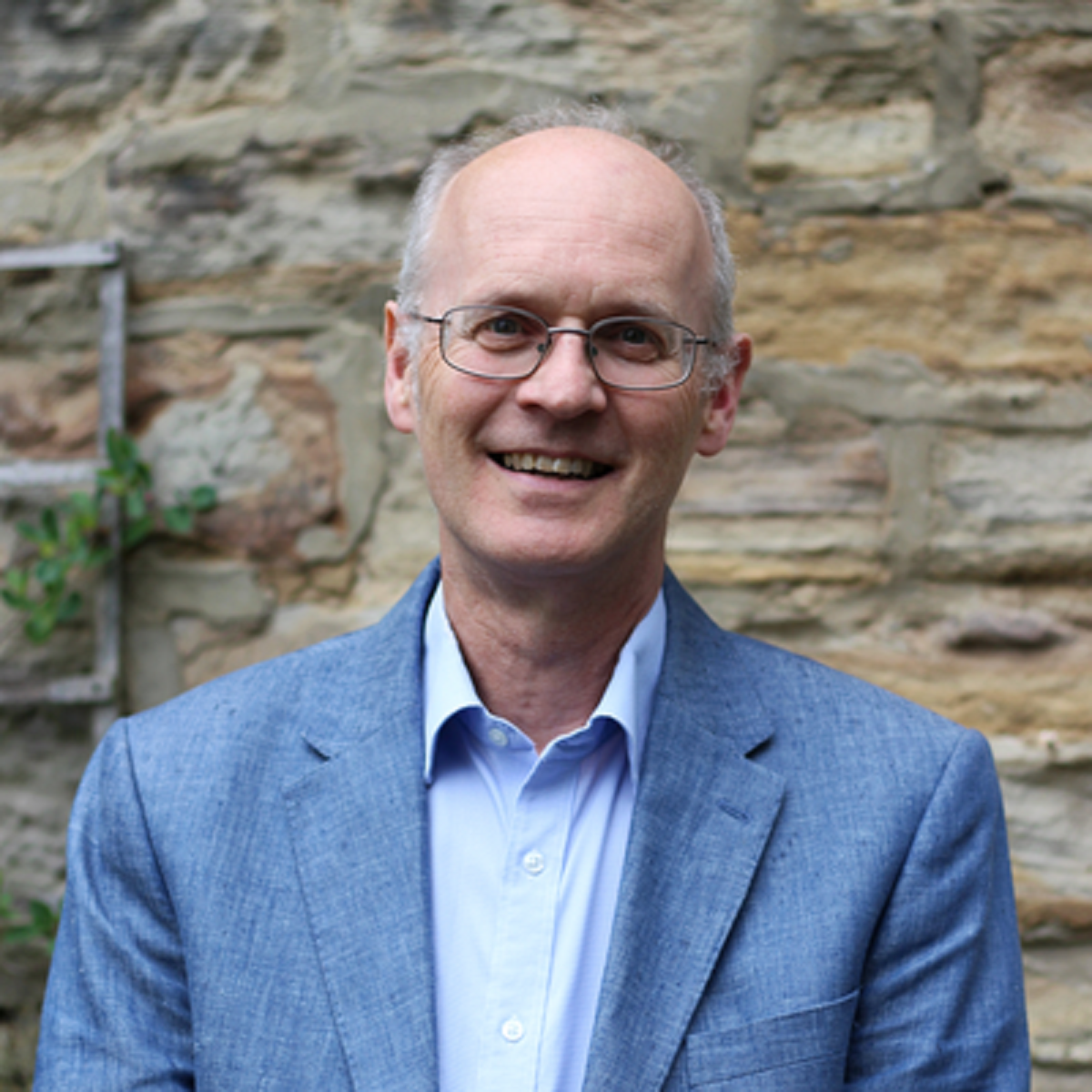By Rev Associate Professor Geoff Thompson
What is Christianity? What is the gospel? What is the church?
Christian people have constantly wrestled with such questions.
Even if they are perennial questions, they are asked with a particular edge in our current context of Christians being a minority in Australia.
Minority status, stripped of all the accrued overlays enjoyed in previous eras, can at the very least provide clarity about the centrality of Jesus Christ to Christianity and the gospel.
Christianity is, after all, about Jesus Christ: his life, death, resurrection, present and future. It’s about how, in this still unfinished drama, the one Jesus called ‘Abba,’ the God of Israel, reaches out to the whole world in the power of the Spirit in reconciling, gracious, disorienting, demanding, liberating and restoring love.
It’s about how the people caught up in and gathered around this drama – across many times and many places – have multiplied their ways of bearing witness to Jesus in their many words and many deeds.
English theologian, Mike Higton, captures this with his idea of the church as a “series of experiments in following Jesus.” In each experiment the church “unfolds something new of the gift given by God in the resurrection.”
In sum: the church “is beckoned by the Spirit into the discovery of God’s abundant gift in Jesus Christ. Its life is a collection of experiments in which the abundant love of God is explored and embodied.” In other words, the roots of such experimentation do not lie with us and our creativity or innovation. They lie with the beckoning of the Spirit. And because there is a series of experiments from which to learn, we don’t have to start from scratch every time.
Thinking of the church as a “collection” or “series” of experiments in following Jesus and responding to the Spirit’s beckoning helps answer the question, “What is the church?”
We are not, however, used to answering this as a minority. (Although, we in the Uniting Church should not forget that our historical roots include the Methodist and Congregational traditions which, at their origins, willingly embraced minority status in order to dissent from the political and ecclesiastical status quo.)
But some of the more recent ways of understanding ourselves have had a self-important edge. Even in the Uniting Church’s inspiring 1977 Statement to the Nation, we described ourselves as “an institution within the nation.”
There are centuries (not least recent decades) of evidence to tell us that this has been a dubious experiment in self-description. We need to let it go. We don’t have to be an “institution in the nation” to exercise the prophetic ministry to which the Statement to the Nation rightly summons us.
God has often called particular churches to minority existence. Let’s embrace this and experiment with it. This also involves experimenting with how we think about the church when it is a minority. I have recently found three theologians to be especially helpful in this task. A few sketches of their ideas follow.
American Presbyterian theologian, Amy Plantinga Pauw defines the church as the “publicly visible, though not sharply definable reality of self-identified communities of Christian faith spread across time and space.”

American Presbyterian theologian Amy Plantinga Pauw.
Can we experiment with being clear about our “identity” and ensure that we are “publicly visible” whilst simultaneously resisting the urge to be “sharply definable”? The latter is a particular temptation for minorities.
Some further comments from Professor Pauw can help us with the notion of Christian identity. She says that the church “is a trustee of a radically universal vision of creaturely communion with God.”
The church is a trustee of something particular: the odd, rough-edged story of Jesus’ life, death and resurrection as the foundation of that universal vision. The church is called to live into that particularity if it is to stay connected to its foundation.
But how, with this clear identity, do we resist the urge to be “sharply definable”? How do we avoid being a ghetto?
Here, Brazilian theologian, Vítor Westhelle, can help with his idea of church as an “event” that variously takes place in “liminal spaces.” Liminal spaces are places and times of transition (personal, communal, institutional). Customary reference points have dissolved; it is hard to get your bearings.
Westhelle insists that the church is only the church when it lets go of those bearings, and enters the liminal spaces, “the dangerous playground [where] the church has its roots.”
But he also suggests that in these spaces the church’s shape will be defined by its decisions as to whom and to what it chooses to be “adjacent.”
For Westhelle, therefore, the church needs to let itself be shaped and reshaped by the relationships it has with its neighbours.
And that is why it is much more important to pay attention to who we are willing to sit alongside as neighbours than to see, for instance, where we sit on the denominational league tables. Concern with whether the Uniting Church is the third- or tenth-largest or the smallest denomination (or service provider) in Australia is meaningless – and a distraction.
As communities of the gospel, wherever we sit on the denominational league tables, the challenge is to explore how our local communities of Christian disciples befriend – and how we allow ourselves to be shaped by relationships with – the despairing, neglected, voiceless and the different. For the Uniting Church, arguably the ultimate test case on this issue is the extent to which we allow ourselves to be truly reshaped by our covenant with the Uniting Aboriginal and Islander Christian Congress and our claim to be a multicultural church.
If one temptation is for minorities to retreat behind their walls, another is to conform to the majority. The story of the ancient church surrendering its early cultural and social strangeness in order to conform to the prevailing social order has been told often enough.
But it is worth being reminded of just why the first Christians communities were as novel and strange as they were before the impulse to conform took hold (albeit without ever extinguishing the impulse to dissent). British New Testament scholar, John Barclay, has recently drawn attention to what he calls the “incongruity of grace” which is central to Paul’s understanding of the gospel and of the way he envisaged Christian community.

British New Testament scholar John Barclay.
Just as God’s choice of Israel had nothing to do with Israel’s status or virtue, so it was of the first Christians. For Paul, there is an “incongruity between the mercy or grace of God and the status or worth of its recipients”. The gospel of grace creates new visions of status and worth. The lowly are lifted and the proud humbled. Social hierarchies and ethnic hostilities are challenged. The early Christian communities embodied these new visions in the nitty-gritty of their shared lives. On this it is worth quoting Barclay at length:
“Paul’s theology of grace was developed in and for the creation of innovative communities that crossed previous boundaries and challenged [existing] hierarchies of worth. It required expression in social terms that could be real only if it had effect in the creation of counter-cultural practices. … [T]he communities it founded needed to demonstrate its presence in meals, meetings, and patterns of mutual care that were not bound by conventional practice.”
What the grace-filled event of Christ’s life, death and resurrection did was bring forth “norm-violating communities” and generated “social identities…at a diagonal to the normal [standards] of value.”
Driven by this same grace, our communities of faith can experiment with explicitly naming our communities as “diagonal,” “norm-violating communities” in which together we learn to embody and practice this new form of society: to be diagonal in same way that God’s grace is. There are connections here to the way the founders of the Uniting Church highlighted the “strange way” of Jesus Christ.
This may also involve living diagonally to the popular categories of “sacred,” “spirituality” and “religion” to which the modern secularized West has relegated Christianity (and, for that matter Islam, Judaism, Buddhism as well). Those categories can illuminate some aspects of the gospel. But through their own norms and ideologies, they can also obscure it.
In sum: our current minority status provides a fruitful context to continue the church’s series of experiments in following Jesus. It is an occasion to discover our identity without building impermeable walls. It’s an occasion to inhabit the liminal spaces of the world. It’s an occasion to live out of the incongruous grace of God.
So to think of the church is to do far more than describe the church as missional. Sure, this has been a vital corrective to earlier inward-looking definitions of the church. But to say the church is missional is not to say very much. Indeed, it will only say anything when our mission emerges from the church’s life as a permeable, liminal and gracious community.
Responding to the beckoning of the Spirit to unfold the gift of the resurrection, our calling is to foster communities of disciples where others are also welcomed into the unfinished drama of incongruous grace. Communities where people gather to be reminded again and again of this grace through such fragile and unpretentious means as ancient texts, truth-telling words, simple water, fragments of bread and blood-red wine. Communities where people gather to be loved, and to learn to love their enemies. Communities where participation in the drama of the living Jesus challenges us to share wealth, to abandon privilege, to dignify those denied dignity, to receive friendship from strangers whilst befriending and learning from them. Communities in which we summon one another to repent of the exploitation of both our neighbours and the earth, to call each other to account, and to be emboldened to unveil and resist the ever-potent principalities and powers.
These are experiments worth being part of and could enliven our answers to those perennial questions: ‘What is Christianity?’, ‘What is the gospel?’ and ‘What is the church?’
The writings referred to in this article are: Mike Higton, The Life of Christian Doctrine (T&T Clark, 2020); Amy Plantinga Pauw, Church in Ordinary Time: A Wisdom Ecclesiology (Eerdmans, 2017); Vítor Westhelle, The Church Event: Call and Challenge of a Church Protestant (Fortress, 2010); John Barclay, Paul and the Gift (Eerdmans, 2015); and John Barclay, Paul and the Power of Grace (Eerdmans, 2020). Professor Pauw will be visiting Pilgrim Theological College in 2024 as a Northey Lecturer.
Rev Associate Professor Geoff Thompson is Co-ordinator of Studies: Systematic Theology at Pilgrim Theological College

